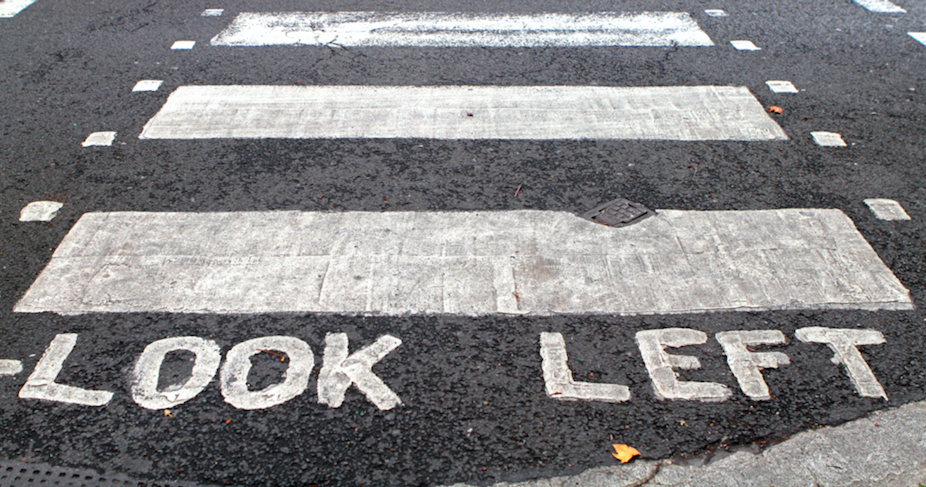Jeremy Corbyn’s remarkable successes in June’s election are widely credited to the popularity of his leftist policies with younger voters. Yet this reasoning obscures something potentially far more transformative about Labour’s campaign.
From Corbyn’s photo-ops with grime stars to the organisational strength of Momentum in towns and cities, Labour’s leftism was not just aimed at the “youth”. It was a distinctly “urban” campaign.
Having endured a long period on the margins, both Corbyn’s Labour and the radical left generally would be wise to hone this focus on cities, where progressive politics flourishes. It will need to foster new forms of political organisation more attuned to the urban and global times in which we now live.
More than 30 years of neoliberal globalisation has been transforming societies. But in recent years, the sense that neoliberalism is a part of economic and political crises has grown. We’ve seen the return of both left and right wing politics around the world, with traditional ideas of political loyalty and participation diminished. Working-class allegiances to parties of the left can no longer be guaranteed. The left needs to adapt to a political landscape in flux, re-imagine itself and rebuild support to respond to the growing strength of a right which is doing exactly the same.
This is a huge challenge – one that will be won and lost in cities and towns. The urban uprisings around the world over the past decade were varied but they underscored how important cities and particular urban spaces are to leftist politics. So the left must appeal to and embolden different forms of urban political activism such as the Occupy movements.
It is in urban areas that economic production and profit accumulation collide with resistance and protest. Cities have replaced the factory as the locus of political struggle in capitalist societies.

But the left must also engage with the flipside too – such as the kind of social unrest seen in the UK riots of 2011. In these cases, grievances and anger are not articulated in terms of traditional demands but erupt into violence and disorder. They are nonetheless political in their roots and impacts. The left has to find a way to connect to and empower the marginalised. It needs to translate anger into collective action to achieve political change. There are no easy solutions here, but emphasising and expanding the collective and democratic practices seemingly necessitated by the urban way of life must be a starting point for new political narratives and ideas.
What’s the offer?
Policies directed to the less well-off matter of course (as Labour’s 2017 election manifesto showed). But thinking must be more fundamental. Parties must reach out to diverse and often ignored urban groups with an offer that stands out from the rigmarole of formal party politics. Anti-political times demand it.
In a number of ways, Corbyn is already on the right track. He was mocked by some for re-imagining the Labour party as part of a leftist social movement but the presence of Momentum members campaigning on British streets was vital to his success. The media continues to look for controversy in relation to Momentum and, in doing so, it overlooks its popularity. The fact is, the group’s organisational capacities are crucial to reaching into (especially English and Welsh) communities and organising from the grassroots up.
However, Corbyn must go further. Practical steps include decentralising the archaic British state to create a political system more reflective of, and responsive to, largely urban settlements. This kind of system is found in most liberal democracies.
It might be accompanied by experiments with popular direct democracy as found in Barcelona, Naples and other “fearless cities”, where urban activists and politicians work together to make their municipalities more democratic.
Finally, Corbyn needs to re-engage working-class voters who deserted Labour under Tony Blair and Gordon Brown, while maintaining his strength in diverse and youthful urban places. That means doing more than supporting asylum while helping fudge the party’s Brexit policy. Labour and other left parties have to make sense of and, where necessary, separate dynamics that have become too easily conflated by the right and centre of politics in recent years. This includes increasing ethnic and social diversity, de-industrialisation, declining wages, soaring rents and property prices and staggering inequalities.
Results in the past election underscored that a leftist Labour has little chance in rural areas. It should seek to make up the difference with bold appeals to an urban precariat enduring the everyday insecurities created by neoliberal globalisation. Ultimately, Corbyn needs to offer a convincing vision of how Labour will shift the balance of power from global economic interests to cities and their communities.

